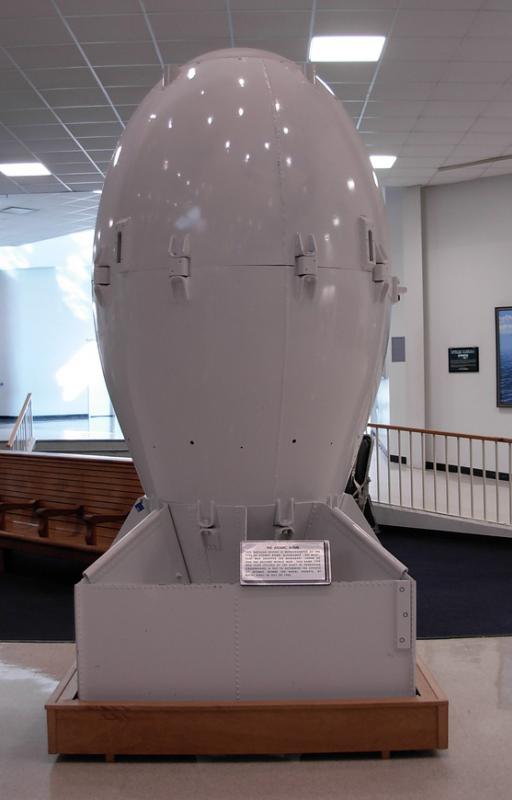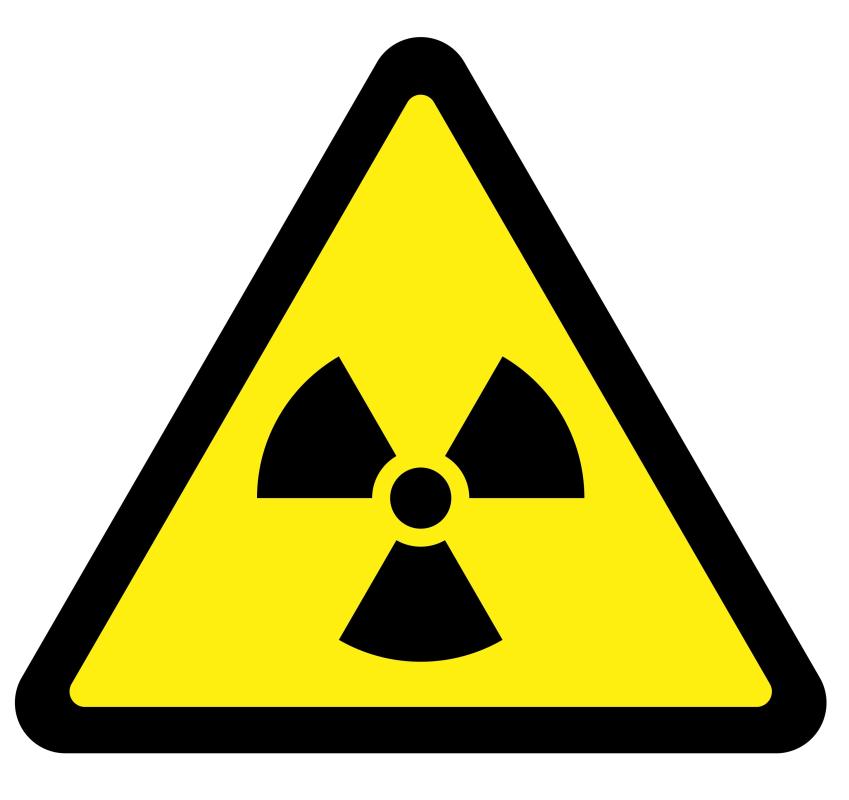At WiseGEEK, we're committed to delivering accurate, trustworthy information. Our expert-authored content is rigorously fact-checked and sourced from credible authorities. Discover how we uphold the highest standards in providing you with reliable knowledge.
How can I Maximize my Chances of Surviving a Nuclear Attack?
There are several strategies one might use to survive a nuclear attack, and maximize their chances of survival in the wake of the attack. These strategies come from books and public information campaigns including the United States' Survival Under Atomic Attack (1950), "duck and cover" (late 1940s into the 1980s), Nuclear War Survival Skills (1979), and the United Kingdom's Protect and Survive (1980). Though some of these campaigns, particularly "duck and cover," have been criticized by non-experts, experts on the effects of nuclear weapons have generally supported their veracity.
There are a couple myths regarding nuclear weapons that should be immediately dispelled. These myths are 1) that radioactivity is an atomic bomb's greatest threat, 2) that radiation exposure is always fatal, and 3) that atom bombs are always completely destructive within their range. The greatest danger from a nuclear attack are the heat and blast effects, not the radioactivity. Even with exposure to serious radioactivity, eventual recovery is likely with proper medical care.

The first thing that anyone can do to survive a nuclear attack is duck and cover. The first sign of a nuclear bomb exploding is an extremely bright flash. If such a bright flash is seen, you should duck down, preferably in a basement or subway, but otherwise along the side of a building, and cover your eyes and face. This will protect your head, particularly your eyes, from being damaged by the blast heat and overpressure. The blast wave should arrive a few seconds, maybe as long as 45 seconds.

One concern in the case of a nuclear attack is that school students would run to windows to look for the cause of a major flash, only to be shredded when the glass breaks from the pressure wave. In the perimeter of the blast radius, sharp glass will be a major hazard and will likely kill more people than heat.
Critics of the "duck and cover" approach argue that a nuclear attack will kill everyone anyway, so ducking and covering is pointless. This is false. Throughout most of the blast area of a nuclear weapon, the pressure and heat will not be sufficient to kill. At these distances, death or injury is more likely to occur by broken glass, heat, pressure, or flying debris.

After the blast occurs, it is important to wait before running outside. For an airburst, you should wait about a minute, then go out and help fight fires. For a burst at ground level, you should wait at least an hour before going outside, to let the radioactivity die down. At this point, you should take potassium iodide if you have it, which will help protect you against any ambient radiation. If you don't have any, you should try to get some.

As you fight fires and group with other people to get information and directions on what to do next, keep in mind three things: don't take chances with exposed food or water, don't panic, and don't start rumors. If you've survived the initial blast, chances are you'll be all right -- unless chaos is unleashed by rumors or panic. Stay calm and orderly so that no further casualties result. Help fight fires, which will preserve as much of the infrastructure as possible and minimize further casualties.
AS FEATURED ON:
AS FEATURED ON:














Discussion Comments
As far as a nuclear blast is concerned, let's not forget Sr 90. It destroys white blood cell production. Its half life is 19 years. Be careful. You can survive, but use good judgment.
@highlighter- Hopefully your family is safe. After a nuclear explosion, the three main concerns are radioactive isotopes of iodine, cerium, and plutonium. Iodine-131 effects thyroid function, causing thyroid cancer. To combat the effects of radioactive iodine, you should consume potassium iodide tablets. Start loading with small doses to build your tolerance, and if you are told that radioactive fallout is imminent, then dose to the full 130mg recommended for adults.
Potassium from food sources will help protect the body from cerium radiation. Potassium is a competitive cerium uptake inhibitor so the more you eat, the better protected you are. Antioxidants and vitamin D are also good at preventing radiation damage. Vitamin D can also help repair damaged DNA.
What can you do to protect yourself from nuclear fallout? I have an Uncle who was just evacuated from Tokyo to a city farther south because of the nuclear meltdown that is occurring in the Northern Part of Japan. He is a Japanese American Dual citizen, and may eventually need to evacuate to the United States. I would like to know what would keep him, his wife, and his nine-month-old son safe from radioactivity, especially if the worst were to occur.
Re: "For an airburst...", Are you mad?
Stay down, in a covered location, for as long as you can safely do so. Turn off air conditioning, try to minimize airflow to the minimum safe extent, breath through improvised filters, and don't let dust-covered individuals into your improvised shelter until they have removed as many contaminated items and washed off as much dust as possible.
Stay away from metal objects in the open and don't let persons bring them into the shelter.
Post your comments